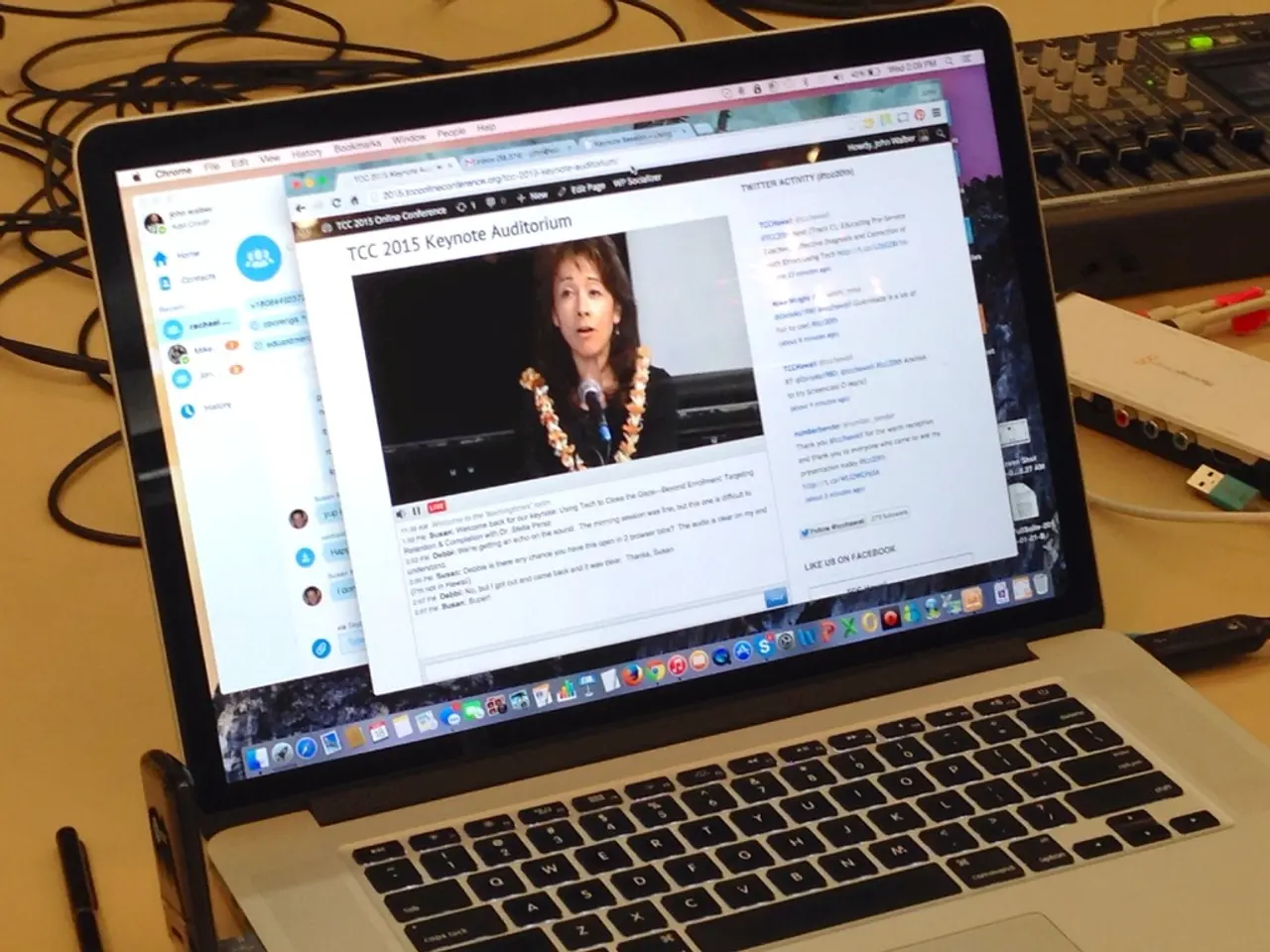Top 5 Ways Decentralized Finance (DeFi) Can Be Utilized
Decentralized Finance, or DeFi for short, is all about empowering the average Joe by creating an open, efficient, and inclusive financial system. Leveraging blockchain technology through smart contracts, DeFi platforms remove intermediaries, providing permissionless finance for everyone. There are plenty of exciting use cases for DeFi that make it a game-changer in the finance world.
Here are the top 5 DeFi use cases that you won't want to miss out on:
Lending and Borrowing
This is, without a doubt, the most significant use case for DeFi. Lending and borrowing platforms offer loans without needing intermediaries like BlockFi. Additionally, lending protocols pay users interest in stablecoins and crypto, making it a lucrative option for many. EOS and Ethereum are currently the most popular blockchains for DeFi lending and borrowing, with Compound, BlockFi, and more leading the way. But the market is evolving, and new platforms are continually making their mark.
Compound
Compound is a flexible money market protocol that facilitates transactions involving various cryptocurrencies, such as BAT, DAI, ETH, USDC, REP, and ZRX tokens. It operates using cTokens (cBAT) as the fundamental unit for lenders and borrowers within its ecosystem. Compound sets itself apart with its dynamic interest rate structure that adapts to market conditions, enhancing its appeal to those seeking to optimize their lending and borrowing strategies in the DeFi space.
MakerDAO
The MakerDAO platform offers support for both DAI and ETH tokens, allowing users to borrow funds in Dai. By issuing coins from reserve pools, MakerDAO aims to increase liquidity and accessibility within the system. Furthermore, MakerDAO is the driving force behind the stablecoin Dai, playing a critical role in the DeFi ecosystem.
Aave
Aave is a DeFi platform that enables users to lend and borrow cryptocurrencies seamlessly. It stands out for its unique flash loan feature, which allows users to borrow instantly and without collateral, provided the liquidity is returned within the same transaction.
Asset Management
DeFi asset management tools serve as custodians without engaging in banking or commercial services. They provide wallet apps and other tools to help crypto holders manage their assets effectively. New investors may find it challenging to navigate the crypto space, but asset management tools help simplify the process.
Melon
Melon is a DeFi platform offering asset management solutions. Utilizing Ethereum (ETH) and ERC tokens, users can manage both their own wealth and the assets of others within the Melon ecosystem. What sets Melon apart is its complete decentralization, with the platform's protocols controlled by the crypto community.
Yearn Finance
Yearn Finance automates the process of yield farming, enabling users to optimize their earnings across various DeFi protocols. It simplifies complex strategies and offers an accessible interface for managing and maximizing returns on crypto assets.
Decentralized Exchanges
Decentralized exchanges (DEXs) facilitate peer-to-peer transactions of cryptocurrencies without intermediaries, enhancing security and privacy.
Uniswap
Uniswap is a popular DEX that allows users to swap various ERC-20 tokens directly from their wallets. It uses an automated market maker (AMM) model to determine prices and provide liquidity, ensuring effortless and efficient trading experiences.
SushiSwap
SushiSwap, initially a fork of Uniswap, has evolved to offer additional features like yield farming and staking. It provides users with liquidity, short-term rewards, and governance rights.
Insurance
Crypto insurance is a highly sought-after concept in the cryptocurrency space. DeFi insurance protocols allow users to take out insurance policies on smart contracts and digital assets through pooled funds to cover individual claims. While the DeFi insurance market is presently small, it is expected to grow as the market expands.
Nexus Mutual
Nexus Mutual allows users to take out insurance policies on smart contracts and digital assets by pooling funds to cover individual claims. It is one of the leading platforms in the DeFi insurance market.
Opium
Opium provides decentralized insurance products and derivatives, allowing users to hedge against various risks in the cryptocurrency market. It offers customizable insurance policies to suit individual needs.
- The DeFi lending and borrowing market capitalization continues to grow, with platforms like Compound, BlockFi, and Aave leading the way on Ethereum and EOS blockchains.
- Compound, a flexible DeFi money market protocol, focuses on various cryptocurrencies, including BAT, DAI, ETH, USDC, REP, and ZRX tokens.
- Compound's cTokens are used as the fundamental unit for lenders and borrowers within its ecosystem, with dynamic interest rates adapting to market conditions.
- MakerDAO offers DAI and ETH token lending, creating liquidity and accessibility, and is essential for the DeFi ecosystem since it introduced the stablecoin Dai.
- Aave stands out among DeFi platforms due to its flash loan feature, which enables instant, collateral-free borrowing within the same transaction.
- DeFi asset management tools like Melon and Yearn Finance help investors navigate the crypto space by providing wallet apps and automating complex strategies.
- Melon, a decentralized asset management platform, allows users to manage both their assets and others' within its ecosystem, controlled by crypto community protocols.
- Yearn Finance optimizes yield farming returns across various DeFi protocols, simplifying complex strategies and offering an accessible interface.
- Uniswap, a popular DeFi DEX, enables direct token swaps using an automated market maker model for effortless and efficient trading.
- SushiSwap, a fork of Uniswap, expanded beyond DEX to include yield farming and staking, providing users with liquidity, rewards, and governance rights.
- DeFi insurance protocols like Nexus Mutual and Opium allow users to insure smart contracts and digital assets, protecting against potential losses in the volatile cryptocurrency market.
- Nexus Mutual offers customizable crypto insurance policies within the DeFi insurance market, allowing users to insure smart contracts and digital assets pooled funds to cover claims.
- Opium provides decentralized insurance products and derivatives, catering to various risks in the DeFi market and offering customizable insurance policies to meet different needs.
- The ventures capital landscape is becoming more decentralized, as many investors are turning to Initial DEX Offerings (IDOs) instead of traditional centralized ICOs.
- DeFi governance extends beyond trading and lending, with platforms like Sushiswap and Yearn Finance allowing users to contribute to the protocol's development and decision-making process.
- The convergence of DeFi, Defi, and web3 technologies is enhancing the cryptocurrency ecosystem, enhancing efficiency, security, and overall user experience.








